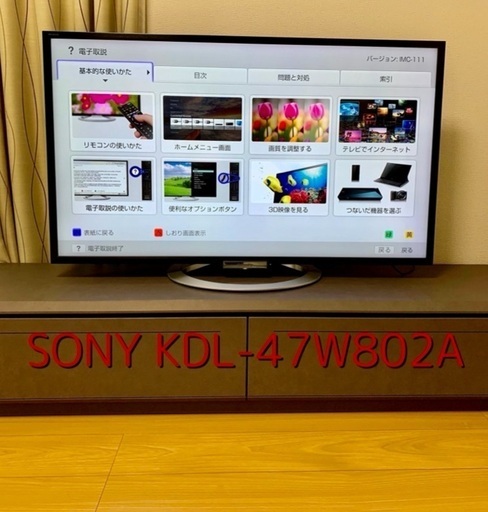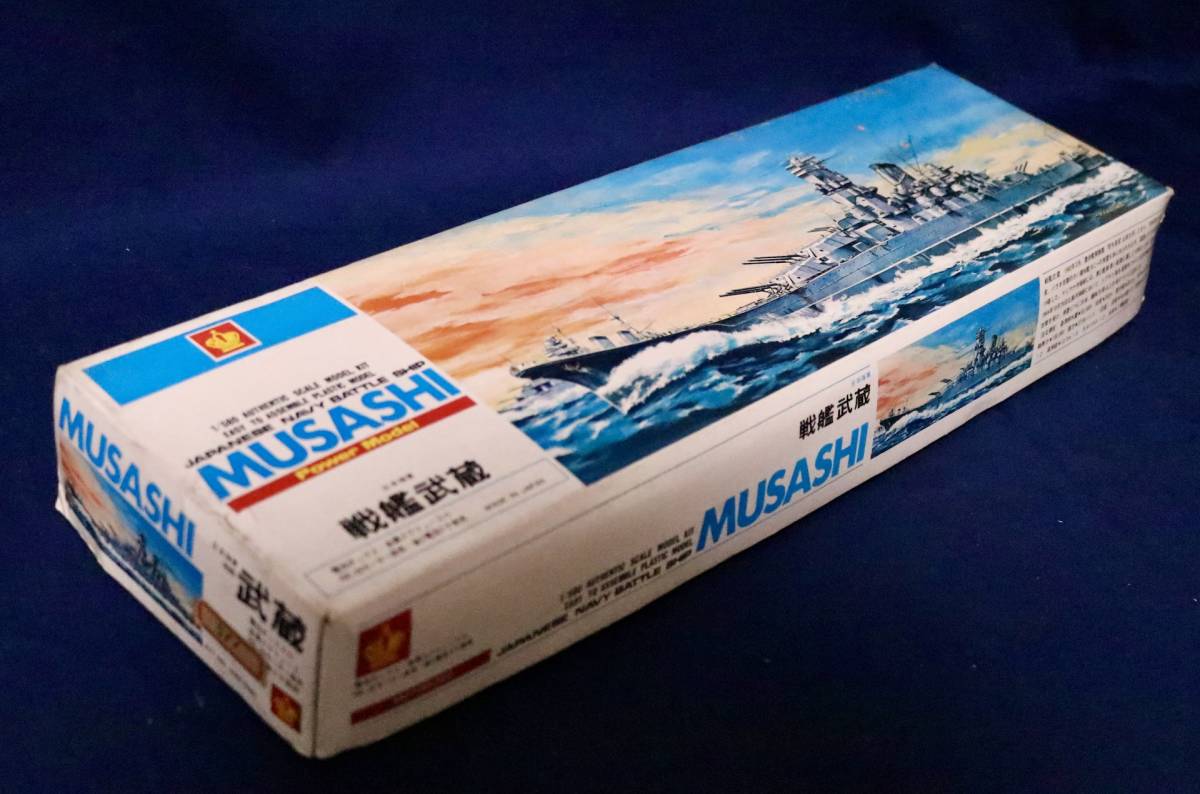-
シーンから探す
- 自転車、サイクリング
- 国内自動車本体
- キッチン/食器
- 植物/観葉植物
- リール
- 腕時計(アナログ)
- 鍵盤楽器
- 楽器、器材
- 工具、DIY用品
- 楽器、器材
- ミリタリー
- トレーディングカード
- メンズファッション
- 楽器、器材
- その他
- スニーカー
- 折り財布
- デジタルカメラ
- リュック/バックパック
- 福岡県のその他
- バッグ
- 腕時計(アナログ)
- デスクトップ型PC
- サイン
- ファッション小物
- スニーカー
- 古書、古文書
- ニット/セーター
- その他
- ネックレス
- 管楽器、笛、ハーモニカ
- カーナビ
- 中古車・新車
- ショルダーバッグ
- 印刷物
- 自転車本体
- ドラゴンボール
- アイドル
- ワンピース
- 武具
- オーディオ機器
- PC周辺機器
- スニーカー
- おもちゃ/ぬいぐるみ
- 収納家具
- 乗車券、交通券
-
贈る相手から探す
- 岡山県のその他
- その他
- ポケモンカードゲーム
- 国内自動車本体
- トレンチコート
- エンジン、冷却装置
- 東京都の家具
- ダウンジャケット
- アイドル
- 農業
- 折り財布
- 打楽器
- 野菜
- 洋楽
- ファッション雑貨
- パーカー
- ポロシャツ
- 旅行用バッグ/キャリーバッグ
- ドレス/ビジネス
- 自転車、サイクリング
- 美術品
- カード
- 美術品
- その他
- エアコン
- リュック/バックパック
- 食器
- 工具、DIY用品
- フィッシング
- 店舗用品
- 工芸品
- レディースアクセサリー
- 工具、DIY用品
- 調理器具
- キッチン家電
- 遊戯王
- ポータブルプレーヤー
- 工芸品
- 楽器、器材
- 工芸品
- ジャケット/アウター
- ボディーバッグ
- パーツ
- 本
- ミリタリー
- パーツ
- エレキギター
- 収納家具
- バングル/リストバンド
- ゴルフ
- ロングコート
- 千葉県の家電
- 雑貨
- カテゴリから探す
- おまとめ注文・法人のお客様
【3048】BUCCELLA ベスト ブッチェラ カベルネ ソーヴィニヨン ナパヴァレー 2013 750ml 14.6% 赤ワイン 箱入り
-
商品説明・詳細
-
送料・お届け
商品情報
残り 2 点 20,000円
(997 ポイント還元!)
翌日お届け可(営業日のみ) ※一部地域を除く
お届け日: 11月29日〜指定可 (明日16:00のご注文まで)
-
ラッピング
対応決済方法
- クレジットカード
-

- コンビニ前払い決済
-

- 代金引換
- 商品到着と引き換えにお支払いいただけます。 (送料を含む合計金額が¥291,028 まで対応可能)
- ペイジー前払い決済(ATM/ネットバンキング)
-
以下の金融機関のATM/ネットバンクからお支払い頂けます
みずほ銀行 、 三菱UFJ銀行 、 三井住友銀行
りそな銀行 、ゆうちょ銀行、各地方銀行 - Amazon Pay(Amazonアカウントでお支払い)
-
































【商品写真で判断してください。見落とし等あるかもしれません。